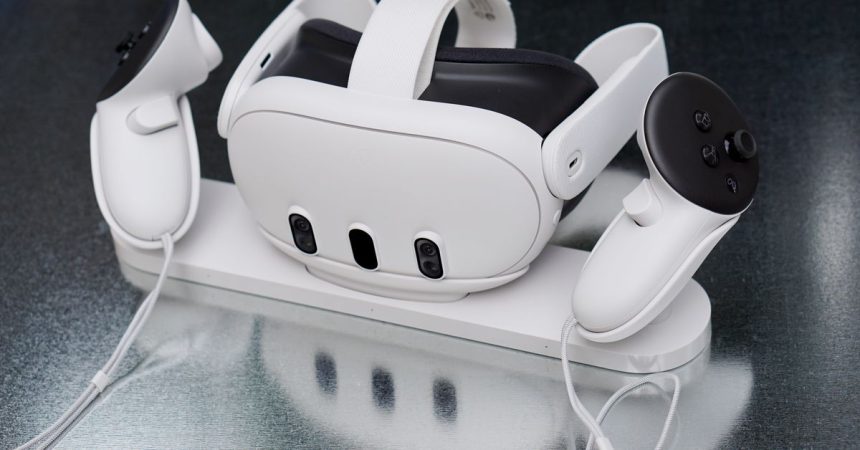Meta, the parent company of Facebook, has recently acknowledged a widespread software update issue that has rendered a significant number of its virtual reality headsets, including the Quest 2, Quest 3, and Quest 3S, unusable, effectively “bricking” them. This issue, which appears to be linked to a recent software update, prevents users from accessing their headsets’ core functionalities. While Meta has stated that the majority of affected users can now use their devices normally, the company confirms it is actively working on a complete resolution for all remaining impacted users. This admission marks a shift from earlier responses, where users, particularly those with out-of-warranty devices, reportedly faced difficulties securing support or replacement headsets.
The initial reports of the bricking issue emerged around December 6th, with Meta acknowledging problems affecting “some new Quest 3S devices.” However, the company’s initial communication lacked crucial details, omitting mention of affected Quest 2 and 3 headsets and failing to specify the implicated software version. This lack of transparency created confusion and frustration among users, particularly as reports of bricked devices continued to surface across various Quest models. The subsequent revelation that the issue extended beyond the Quest 3S and encompassed other models in the Quest lineup further fueled user concerns about the scope and severity of the problem.
Following the initial reports, Meta released its latest software update, v71, on December 9th. This update introduced several new features, including a revamped virtual desktop display connection method and keyboard passthrough support in virtual environments. However, the timing of this release in proximity to the bricking issue raised questions about a potential connection between the v71 update and the widespread malfunction. Although Meta has not explicitly confirmed v71 as the root cause, the coincidental timing has led many users to speculate that the new update, or elements within it, triggered the bricking issue across the affected Quest models.
The evolving communication from Meta regarding the bricking issue highlights a growing responsiveness to user concerns. Initially, reports indicated that Meta was reluctant to offer support or replacements for out-of-warranty devices. However, the company’s latest statement indicates a commitment to resolving the issue “for all users,” suggesting a more comprehensive approach to addressing the problem, regardless of warranty status. Furthermore, reports of users receiving email confirmations for out-of-warranty service and a forum post by a Meta support community manager indicating new support directions suggest a concrete shift in the company’s handling of the situation. This change likely reflects the growing pressure from affected users and the negative publicity surrounding the widespread device malfunction.
The bricking issue and Meta’s evolving response underscore the challenges associated with software updates in the rapidly evolving VR landscape. While updates are essential for introducing new features, performance enhancements, and security patches, they also carry the inherent risk of introducing unforeseen bugs and compatibility problems. In this case, the widespread nature of the bricking issue highlights the critical importance of thorough testing and quality assurance processes prior to releasing software updates to a large user base. The incident also emphasizes the need for clear and timely communication from companies when such issues arise.
Moving forward, Meta’s handling of the ongoing situation will be crucial in regaining user trust. Providing timely and effective solutions for all affected users, regardless of warranty status, will be essential. Furthermore, a thorough investigation into the root cause of the bricking issue and transparent communication about the findings will be necessary to prevent similar incidents from occurring in the future. The company’s ability to address this issue effectively will not only impact user satisfaction but also influence perceptions of the reliability and stability of the Quest platform as a whole in the competitive VR market. This incident serves as a valuable lesson for Meta and other VR companies about the importance of prioritizing software quality and user experience in the ongoing development and evolution of virtual reality technology.



